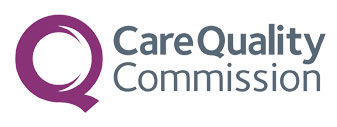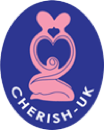Welcome to Cherish-UK
Our clinical opening hours are:
Monday to Friday 8:00am until 1:30pm.
Some Saturday morning and afternoon appointments are available for selected services. Please contact us for available dates, or use the booking link below.
Emails will be answered out of hours Monday to Friday until 5:30pm.
Appointments can be made via email, online via our website, or by telephone (telephone lines open 08:00hrs - 13:00hrs).
Thank you for your continued support.
Private Pregnancy, Fertility and
Gynaecology Scanning services in Birmingham
Cherish-UK is a private pregnancy and fertility clinic located in Sutton Coldfield, less than 8 miles from the centre of Birmingham. We provide all types of pregnancy and fertility scanning including, early pregnancy scans, viability scans, baby dating scans, baby gender scans / sexing scans, fertility scans, reassurance scans, follicle tracking scans and gynaecological scans, as well as semen analysis and blood tests. So whether you are local to Birmingham, the Midlands or further afield throughout the UK, and looking for a caring, professional and quality pregnancy and fertility scanning service then please get in touch and visit us at Cherish-UK.
For afternoon and Saturday appointments please use this booking link:
Our Services
We offer a wide range of services including the popular:
Pregnancy Services
Pregnancy ultrasound scans are used during different stages of pregnancy to get a clear picture of your baby and provide reassurance that all is well.
Learn More
Fertility Services
We provide a complete range of fertility scans, using the latest technology for those trying to conceive naturally or undergoing any type of fertility treatment in the UK or abroad.
Learn More
Gynaecology Services
Gynaecology ultrasound scans are used to assess the womb and ovaries and are beneficial for women who are experiencing pain, abnormal bleeding (such as very heavy periods or irregular periods).
Learn More
Blood Tests
Cherish-UK provides a same-day blood result service for some blood tests (Monday - Friday, excluding Bank Holidays). A £18 courier charge will be applied for same-day results'. Please inform us at the time of booking if you require same-day results.
Learn More

The independent regulator of all health and social care services in England. The Care Quality Commission monitors inspects and regulates hospitals, care homes, GP surgeries, dental practices, and other care services to make sure they meet fundamental standards of quality and safety and publishes what it finds, including performance ratings to help people choose care.
Learn more







